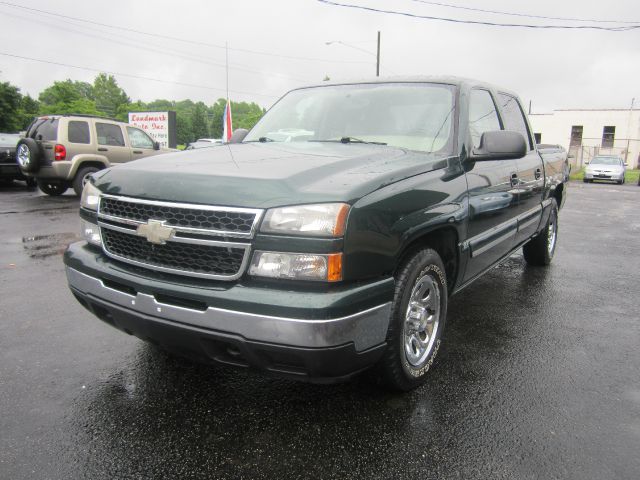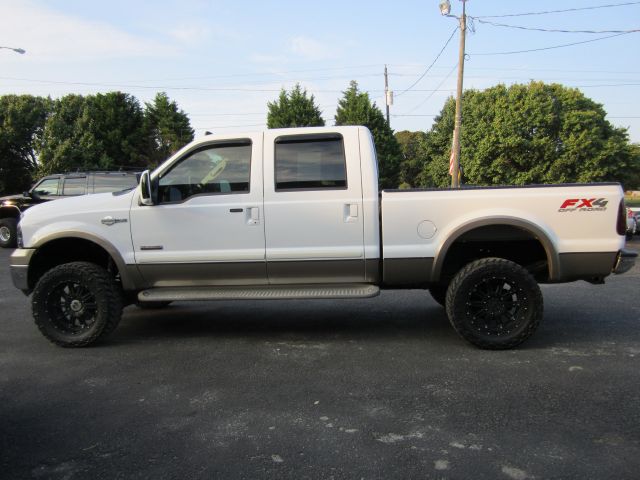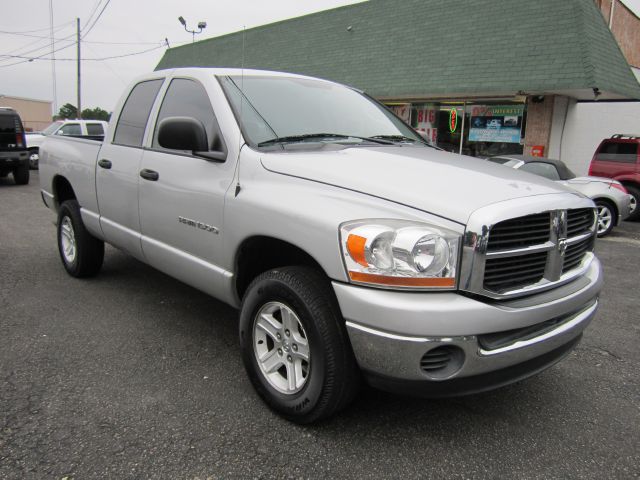Truck Classification
Truck classification has changed a lot over the years. When trucks first started being built, they were classified by their payload capacity, which means how much stuff they could carry. The standard ratings were 1/2 ton, 3/4 ton and 1 ton. Some people even consider compact pick ups like the Chevrolet S-10 and Ford Ranger to be 1/4 ton trucks. So what do these tonnage ratings mean now? Nothing really. Even though the old ratings are still used to classify trucks, they aren't accurate.
The best way to keep truck classification straight is to think of the ton ratings as a basic guide. A way to generally separate the different classes of truck. A good rule is to follow these classification guidelines:
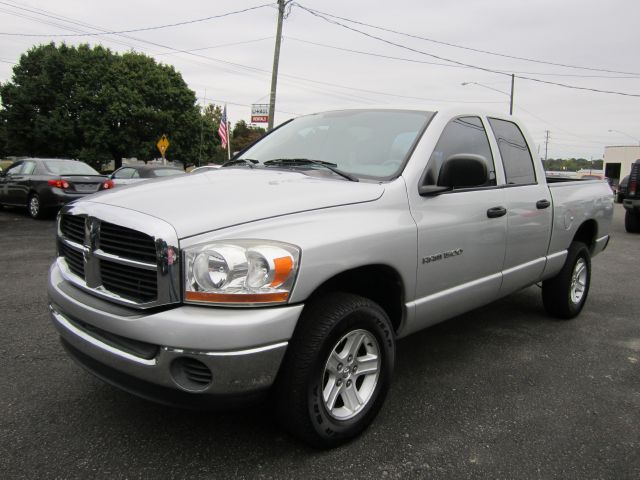 |
2006 Dodge Ram 1500 |
1/2 Ton - Light duty trucks like Ford F-150's, Chevy's 1500's, Dodge 1500's and so on. These are your entry level trucks designed for personal use. Dump runs, helping friends move, light towing and hauling are all fine to do with a 1/2 ton truck.
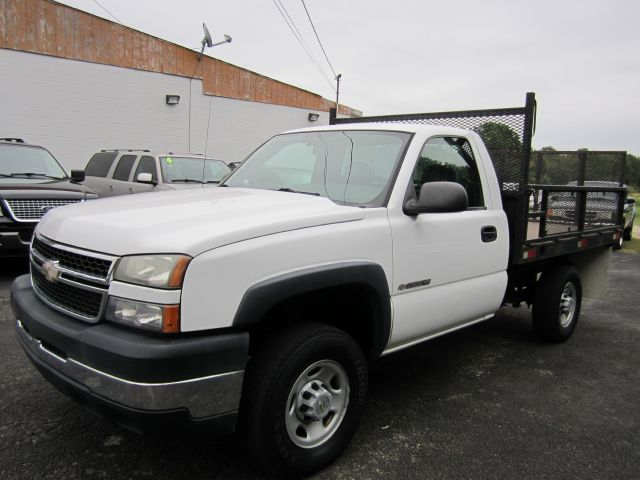 |
2007 Chevrolet 2500 |
3/4 Ton - Medium duty trucks like the Ford F-250, Chevy 2500, Dodge 2500, etc.. Medium duty trucks are a bit beefier and capable of more difficult tasks than the 1/2 ton trucks. Some light commercial work, more difficult towing and hauling are where the 3/4 ton shines.
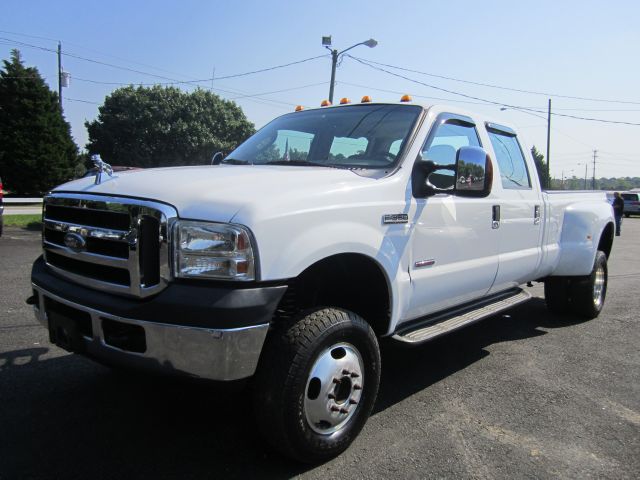 |
2006 Ford F350 XLT |
1 Ton - Heavy duty trucks like the Ford F-350, Chevy 3500, Dodge 3500, you get the idea. This is where you can really put the truck to work. 1 ton trucks can handle much heavier loads, large fifth wheel trailers, and can handle much more abuse.
Hopefully this information helps clear up any confusion you may have about truck classification and tonnage ratings. It is important to understand that not all trucks are created equal. Make sure you have a clear idea of what you will be using your truck for so you can pick the right one.
